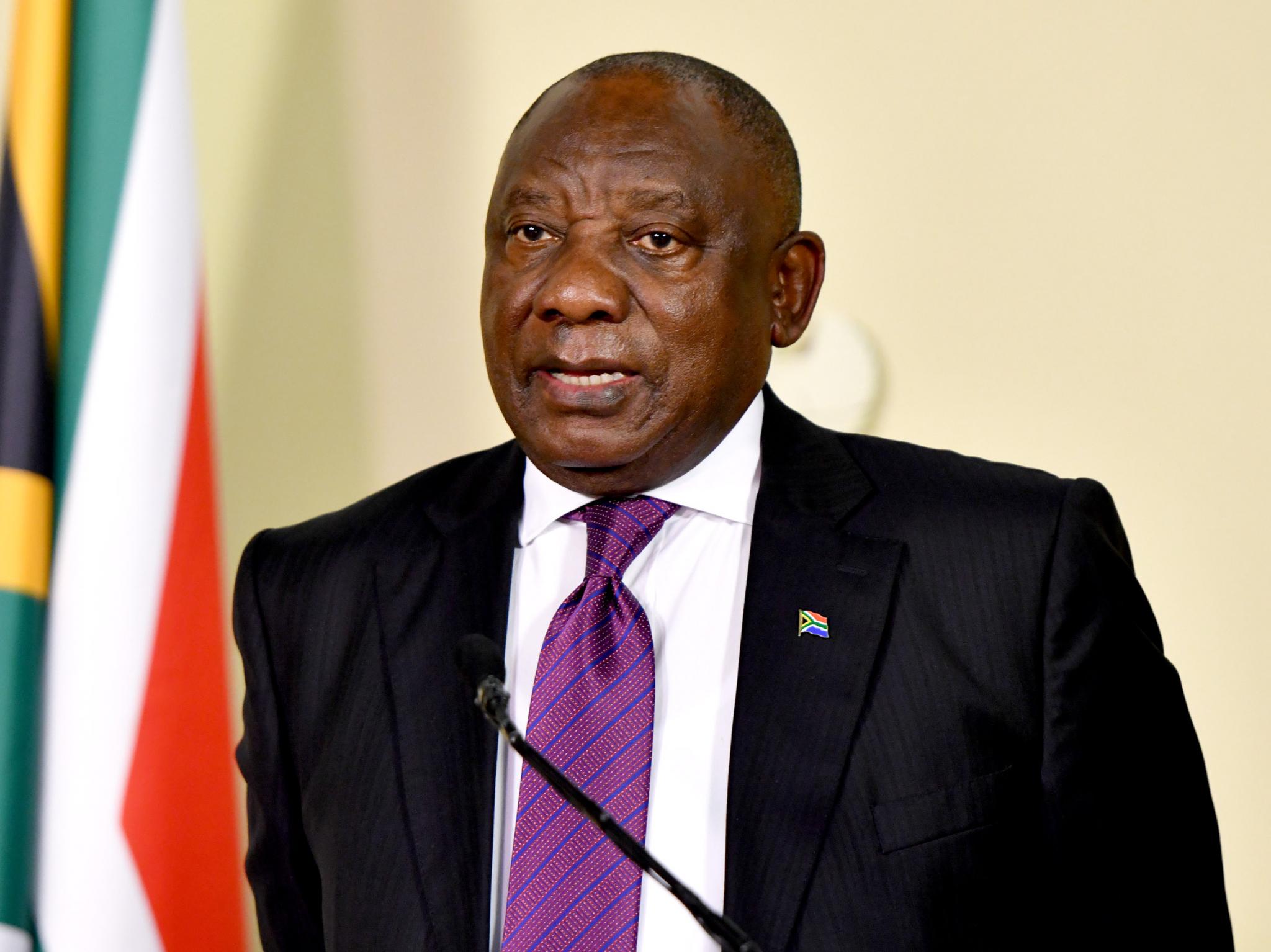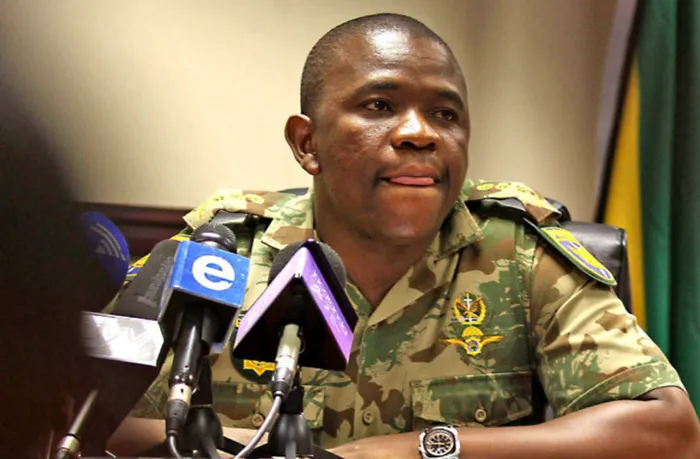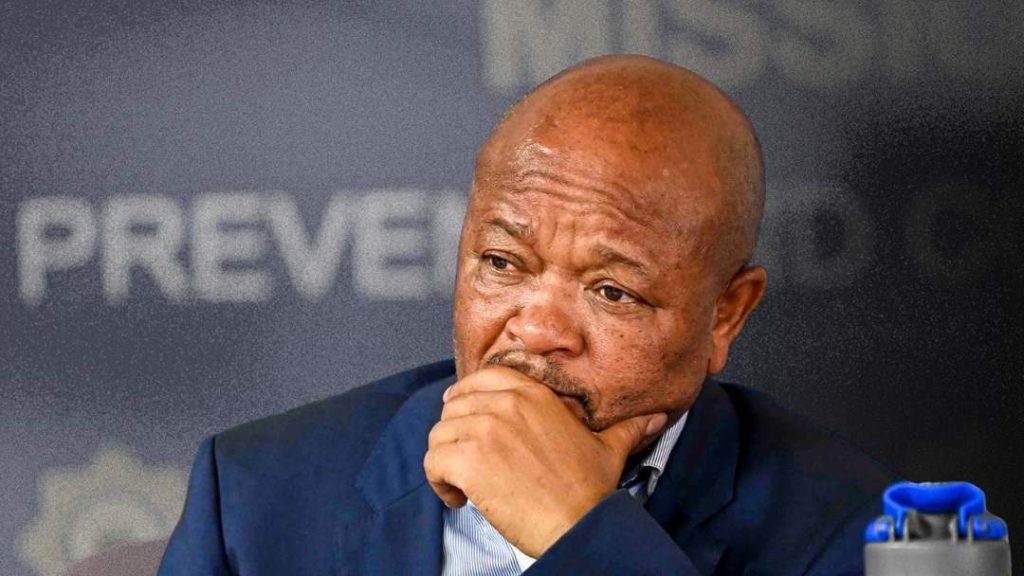The commission follows revelations made on July 6 by Lt Gen Nhlanhla Mkhwanazi, KwaZulu-Natal Provincial Commissioner of the South African Police Service (SAPS).
South Africa Launches Judicial Commission to Investigate Alleged Criminal Syndicate Infiltration of Law Enforcement

South African President Cyril Ramaphosa has declared the establishment of a judicial commission of inquiry to investigate serious allegations of criminal syndicate infiltration within South Africa’s law enforcement and intelligence agencies.
The move comes amid growing concerns over corruption, compromised investigations and threats to national security.
Allegations Spark Urgent Action
The commission follows revelations made on July 6 by Lt Gen Nhlanhla Mkhwanazi, KwaZulu-Natal Provincial Commissioner of the South African Police Service (SAPS). In a widely publicised media briefing, Lt Gen Mkhwanazi alleged the existence of a sophisticated criminal syndicate operating within multiple state institutions, including SAPS, metro police, the National Prosecuting Authority, the State Security Agency, and even the judiciary.

Among the most serious claims was that the Minister of Police allegedly interfered with sensitive investigations and colluded with business figures, including individuals accused of murder, to disband the Political Killings Task Team in KwaZulu-Natal.
Further, investigations in Gauteng reportedly uncovered syndicate control linked to drug cartels involving politicians, law enforcement officials, prosecutors, and judges.
READ MORE: Is Lack of Discipline the ANC’s Downfall?
Such allegations, if substantiated, strike at the heart of the country’s constitutional democracy, threatening public confidence in the rule of law and the capacity of law enforcement to combat crime and corruption effectively.
Scope and Mandate of the Commission
President Ramaphosa appointed Acting Deputy Chief Justice Mbuyiseli Madlanga to chair the commission, assisted by Senior Counsel Advocates Sesi Baloyi and Sandile Khumalo. Justice Madlanga, soon to retire from the Constitutional Court, is expected to dedicate his full attention to this critical inquiry.
The commission’s mandate includes investigating:
- The infiltration of criminal syndicates into law enforcement, intelligence, judicial, and prosecutorial institutions.
- Allegations of suppression or manipulation of investigations.
- Criminal conduct and inducement by law enforcement leadership.
- Intimidation or victimisation of whistleblowers and officials resisting criminal influence.
- The role of current or former senior officials who may have aided, abetted, or benefited from criminal syndicates.
- The effectiveness of oversight mechanisms and adequacy of legislation and institutional arrangements in preventing such infiltration.
- Possible complicity of members of the National Executive responsible for the criminal justice system.
The commission is empowered to recommend criminal prosecutions, disciplinary actions, and institutional reforms. It will consider prima facie evidence against officials and may advise on suspensions pending further investigations. Urgent referrals for criminal investigations and prosecutions are also within its remit.
Leadership Changes and Government Commitment
In light of the allegations and to ensure the commission’s independence, President Ramaphosa placed Police Minister Senzo Mchunu on immediate leave of absence. Professor Firoz Cachalia, a respected law professor and chairperson of the National Anti-Corruption Advisory Council, has been appointed acting Minister of Police. Professor Cachalia brings extensive experience in community safety and governance and is expected to take office in early August.
READ MORE: Kenya Police Open Fire on Protesters as Saba Saba Anniversary Marked by Unrest
The President emphasised that the commission’s establishment occurs amid significant progress in rebuilding South Africa’s law enforcement and anti-corruption institutions, including the SAPS, Special Investigating Unit, and Asset Forfeiture Unit. Maintaining momentum in the fight against organised crime and corruption remains a priority.
Calls for National Support and Upholding the Rule of Law
President Ramaphosa called on all members of law enforcement and security agencies to remain steadfast in their duties and uphold the constitution and code of conduct. He also urged South Africans to support the commission’s work and provide information where appropriate.
“In establishing this Commission of Inquiry, we reaffirm our commitment to the rule of law, transparency, and accountability,” said Ramaphosa. “We are building a South Africa where all people can live in safety and security.”

South Africa has long grappled with challenges of corruption and crime that undermine governance and development. The allegations brought to light by Lt Gen Mkhwanazi reveal a potentially deep-rooted network of criminal influence within state institutions, threatening to erode public trust and the effectiveness of the criminal justice system.
The commission’s findings and recommendations will be crucial not only for justice and accountability but also for restoring confidence in law enforcement agencies tasked with protecting South Africans.
Interim reports are expected within three and six months, with a final report to be submitted to the President, the Speaker of the National Assembly, and the Chief Justice.
Subscribe to Our Newsletter
Keep in touch with our news & offers
Thank you for subscribing to the newsletter.
Oops. Something went wrong. Please try again later.










